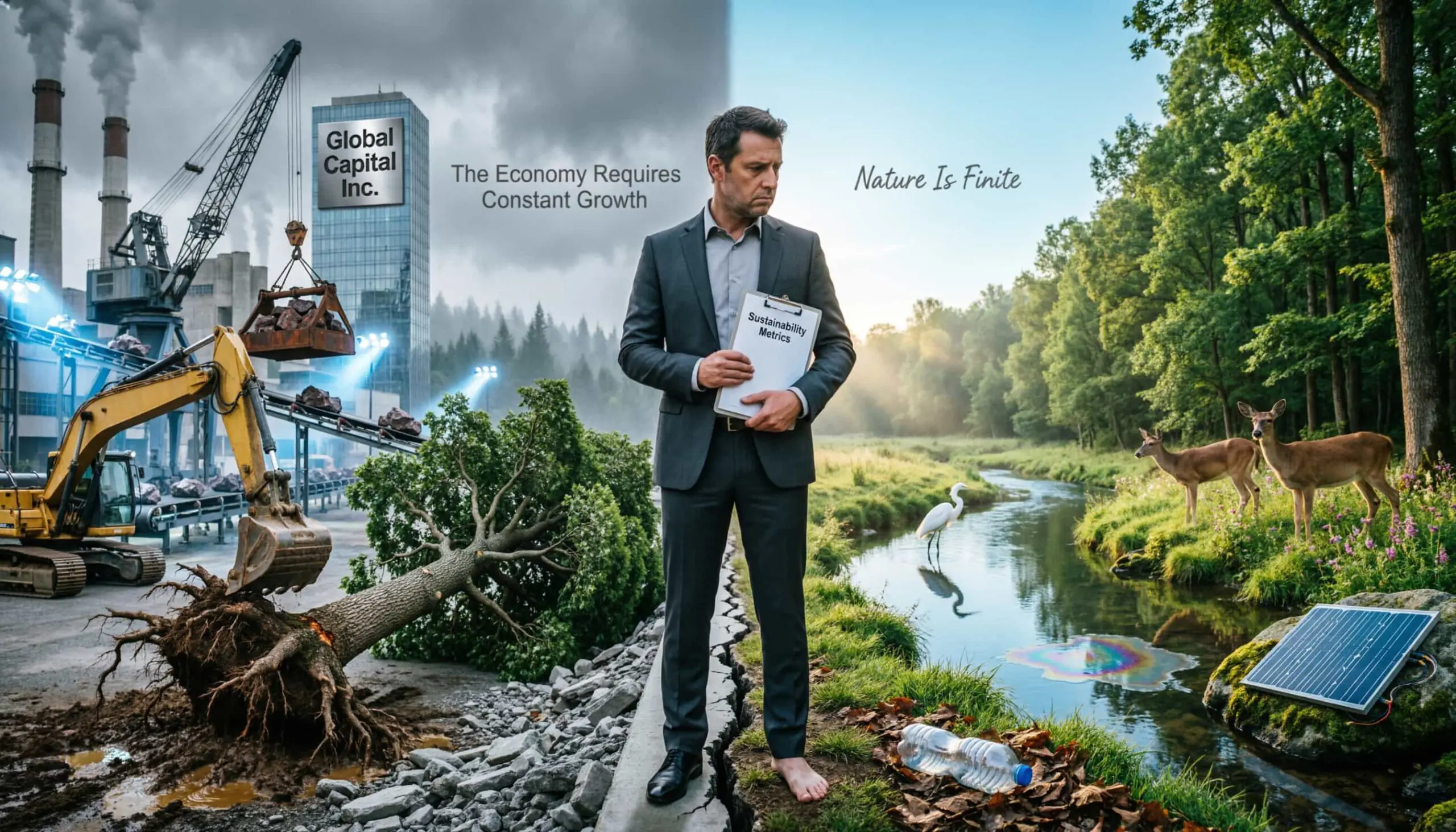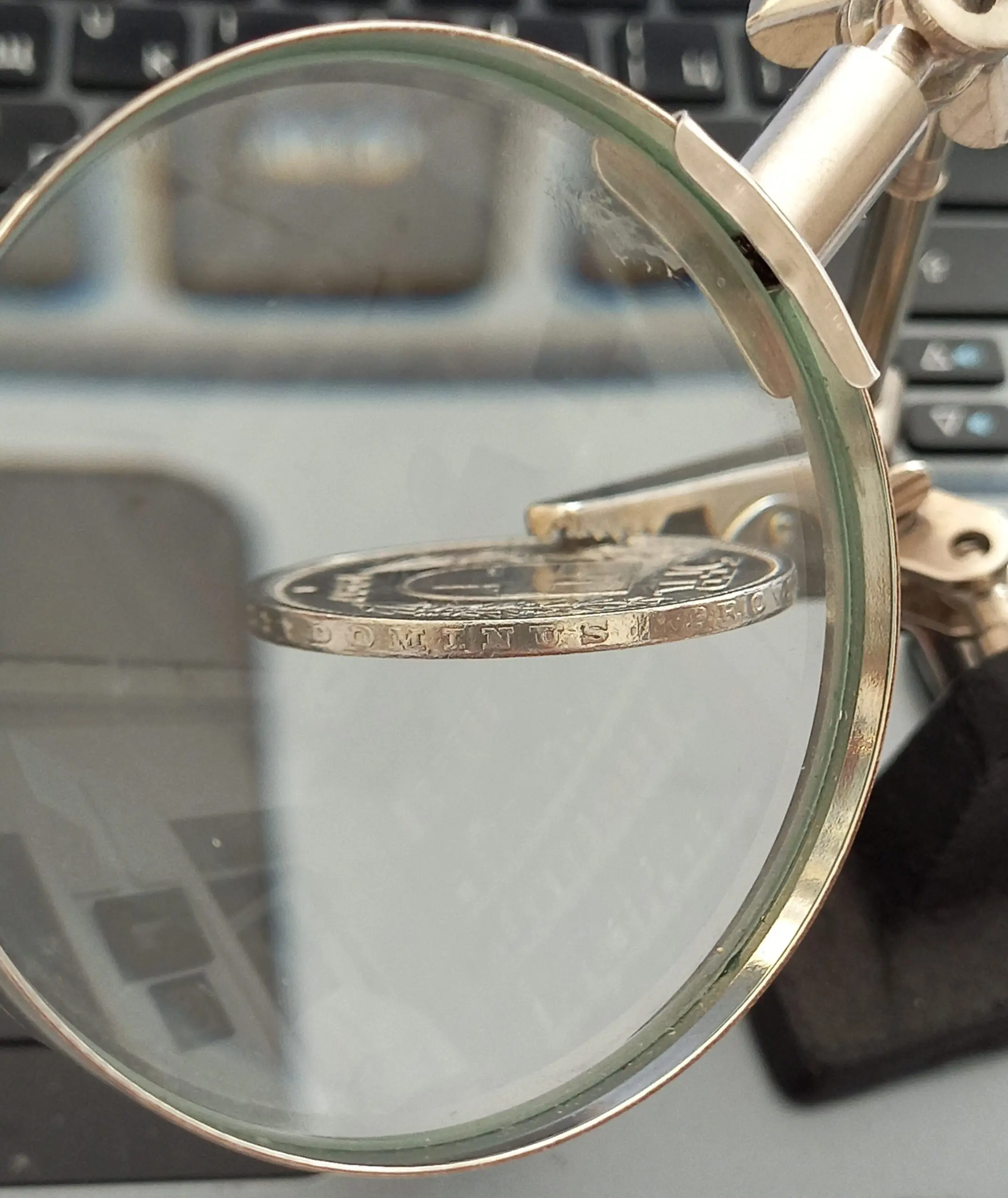Plastics are used across Europe in everything from construction materials to consumer products. Recent policy actions on plastic packaging at EU and national level have established collection schemes and introduced waste prevention measures. However, according to a European Environment Agency (EEA) briefing, published today, a significant fraction of Europe’s total plastic consumption is outside this policy focus and at risk of being overlooked in Europe’s transformation towards a more circular economy.
The EEA briefing ‘Managing non-packaging plastics in European waste streams’ provides an overview of the consumption and management of those plastics that do not fall under the category of packaging. To date, these materials have not been prioritised for action through specific EU directives and policy.
Non-packaging plastics include diverse materials in products ranging from buildings and vehicles to everyday items, such as electronics, sports equipment, diapers and toothbrushes. The EEA briefing notes that currently there are no direct recycling or re-use targets for these materials, which may account for up to 74% of the EU’s total plastic consumption, according to recent estimates.
There is currently insufficient knowledge about the overall level of plastic consumption and plastic waste generation in Europe. Some data are available from Europe’s plastic industry but they do not include the plastics that are part of imported goods. According to the EEA briefing, there is a high value in developing a more standardised methodology for tracking non-packaging plastic flows in the EU. This would allow for effective monitoring of the total amount of plastic waste and provide improved evidence to inform policy and investment decisions.
Non-packaging plastics account for up to 74% of the EU’s total plastic consumption.
In addition, there will be a need to also address plastic used in non-packaging applications through potential future measures such as introducing extended producer responsibility schemes, material-specific recycling targets and reporting obligations. Such aspects will need to be addressed if Europe is to better manage total plastic flows in the context of transformation to a circular economy, the EEA briefing concludes.







